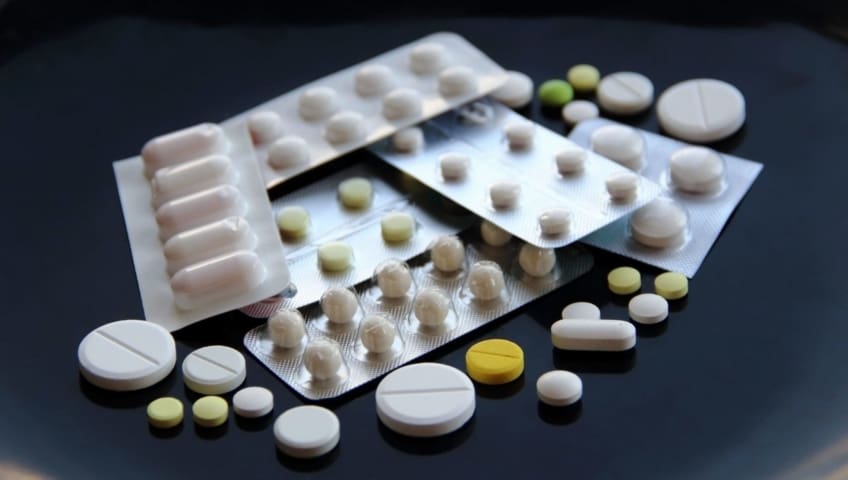
Steroids are a type of medicine with strong anti-inflammatory effects. They help to reduce redness, swelling, and soreness. They come in pill form, as inhalers or nasal sprays, and as creams and ointments. Steroid pills help treat inflammation and pain in conditions such as arthritis and lupus. Inhalers and nasal sprays help treat asthma and allergies. Creams and ointments can help some skin conditions, such as eczema and contact dermatitis.
Path to improved safety
Steroids are effective and lifesaving medicines. However, they also can cause side effects. These include thin skin, dry mouth, abnormal menstrual cycles, and weakened bones. They can increase your blood sugar level or blood pressure. Because of these side effects, steroids often are prescribed for short-term use.
Your body naturally makes steroids by itself. When your body is under stress, such as infection or surgery, it makes extra steroids. When you use steroid pills, sprays, or creams, your body may stop making its own steroids. If you take steroids for a long time, your body becomes dependent on the medicine. It may not make enough steroids during times of stress. If this happens, you may have to take more steroid medicine.
If taking steroids long-term, the amount of steroids you take should reduce a little at a time. Your doctor will give you a schedule to follow for taking the medicine. It is important that you follow this schedule with care. Once the amount reduces enough, your doctor will have you stop taking steroids. Do not cut back or stop the medicine without your doctor’s approval.
After you stop taking steroids, your body may be slow in making the extra steroids that you need. Your doctor may want to do a simple blood test to see how your body is doing. If needed, they will have you continue or restart your steroid medicine.
Note that if you are taking steroids for a shorter period of time, weaning off them may not be required.
Things to consider
It may take your body a few weeks or months to make more steroids on its own. During this time, you may have steroid withdrawal symptoms. These include feeling dizzy, lightheaded, or tired. You may have stomach pain and body aches. Contact your doctor if you have these or other abnormal symptoms.
There are a few ways you can stop steroid medicines safely. These things also can help prevent steroid withdrawal symptoms.
- Do not stop taking your steroid medicine unless your doctor tells you to.
- Do not take other medicines at the same time as steroids without asking your doctor first. This includes over-the-counter drugs and prescriptions.
- If you feel sick while your steroid medicine is being reduced, tell your doctor right away.
- Consider buying a bracelet with your medical information on it. If you become unconscious, this bracelet will tell health workers that you take steroids. Always tell health care workers if you are taking steroid medicine.
Questions for your doctor
- What type of steroid medicine do I need to take?
- How long do I have to take it?
- What will happen once you start to reduce the amount?
- What should I do if I have steroid withdrawal symptoms?
- How will I know if my body is making enough steroids naturally?
- If I have a bad reaction to steroids, should I stop taking them?
Resources
![]()
Copyright © American Academy of Family Physicians
This information provides a general overview and may not apply to everyone. Talk to your family doctor to find out if this information applies to you and to get more information on this subject.







